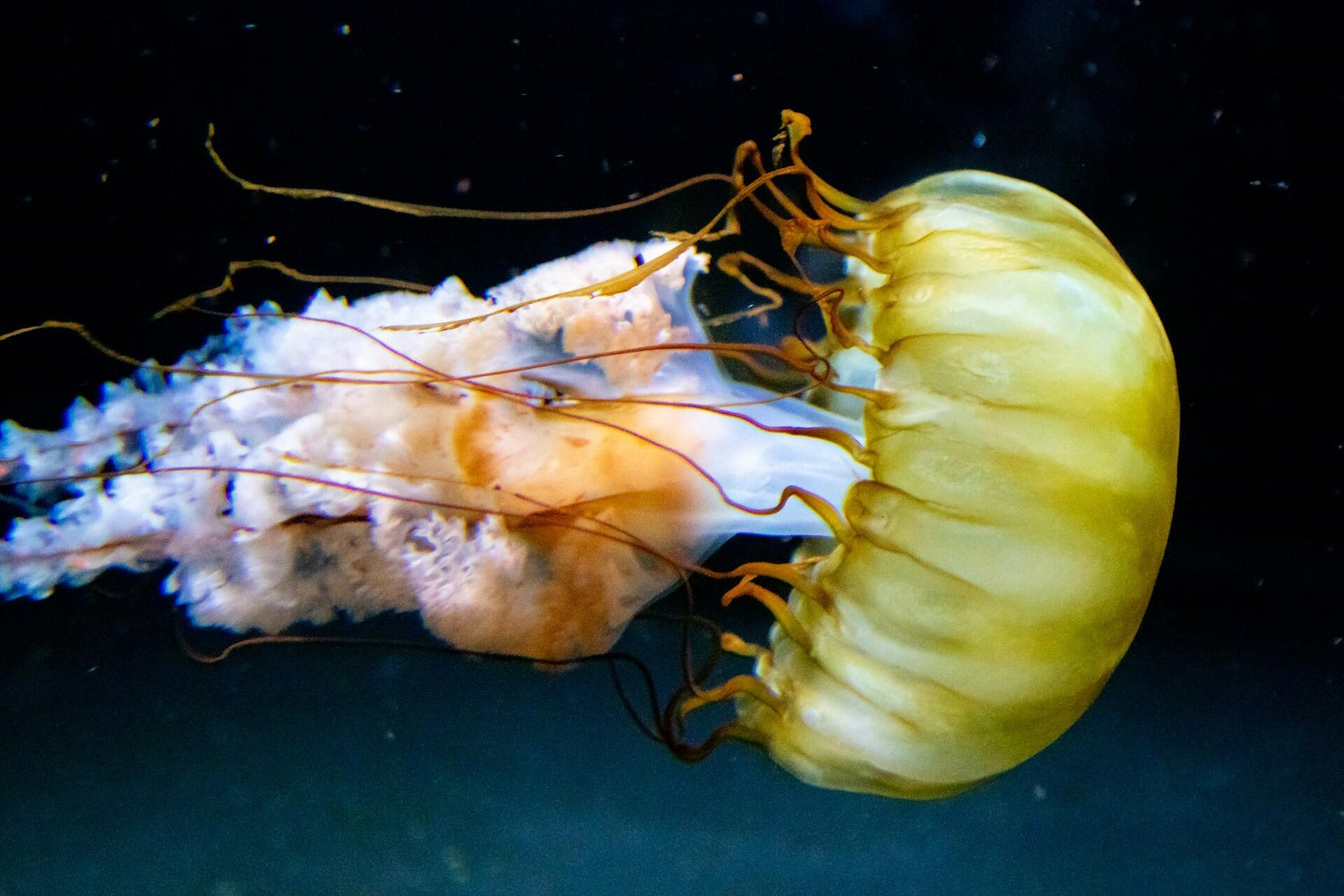Rich coastal ecosystems, top-tier research institutions, and access to the Atlantic Ocean and the Gulf of Mexico. If you want to study marine biology, Florida is the place to be. With top Florida universities offering marine biology programs combining classroom education, laboratory work, and real-world experience, you can find your ideal learning environment and diverse research opportunities in one of these great schools!
| University | Location | Institution Type | Degree Length |
|---|---|---|---|
| University of Miami | Miami, FL | Private | B.S., M.S., Ph.D. |
| Florida State University (FSU) | Tallahassee, FL | Public | B.S. in Biological Science with Marine Biology Track |
| University of Florida (UF) | Gainesville, FL | Public | B.S. in Marine Sciences, M.S. in Fisheries & Aquatic Sciences |
| Florida Institute of Technology (Florida Tech) | Melbourne, FL | Private | B.S. in Marine Biology, M.S. in Marine Science |
| Nova Southeastern University | Fort Lauderdale, FL | Private | B.S. in Marine Biology, M.S. in Marine Science |
| Eckerd College | St. Petersburg, FL | Private | B.S. in Marine Science |

Top Marine Biology Colleges in Florida
Every student will have different requirements for their ideal marine biology program. However, to start your search, we recommend these Florida schools!
University of Miami
Miami, FL
11,334
28%
The University of Miami (UM) has one of Florida's most prestigious marine biology programs. Complete with the Rosentiel School of Marine and Atmospheric (RSMAS) on Virginia Key, a world-class research center, students can study marine ecosystems firsthand.
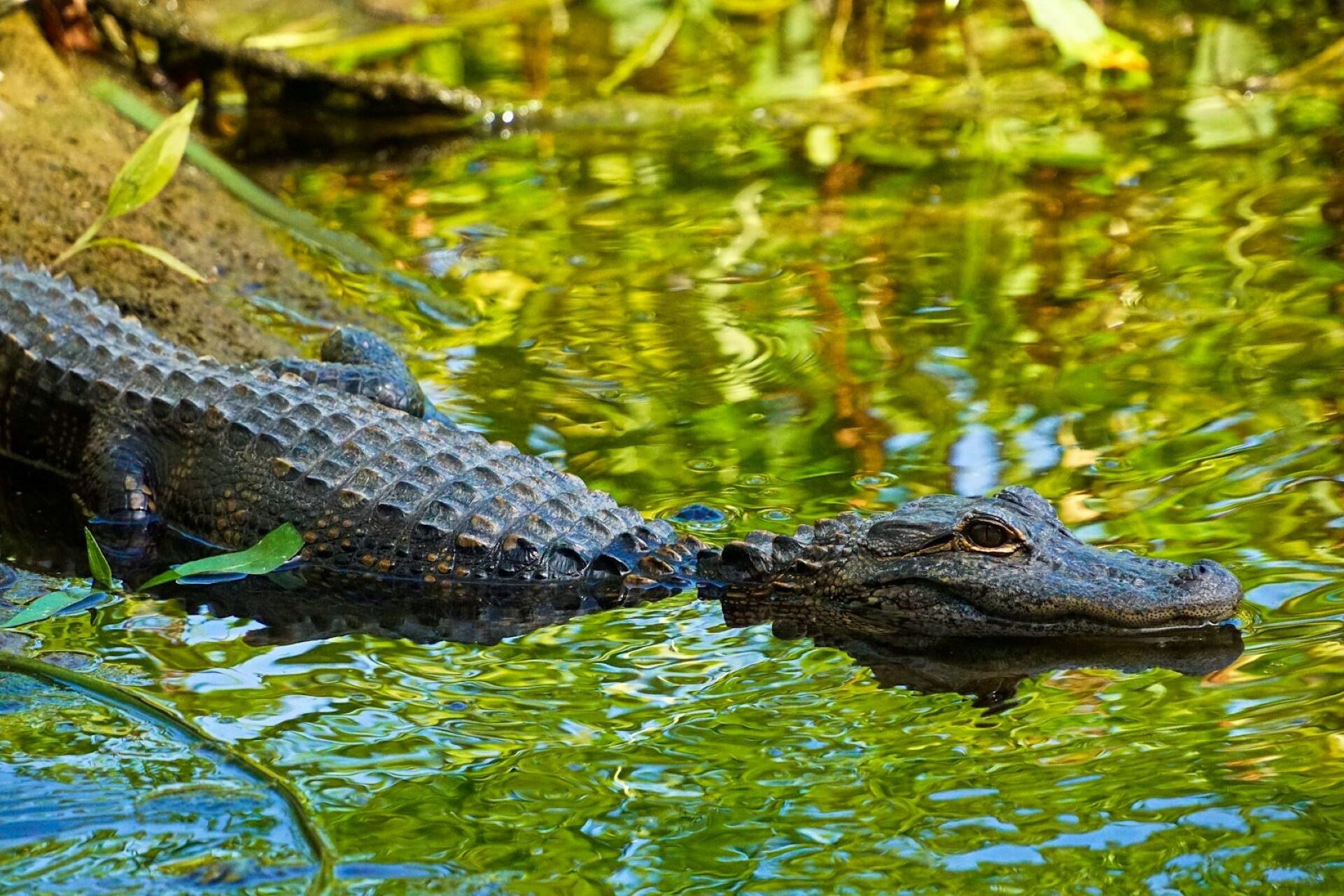
Degree Programs
- B.S. in Marine Biology and Ecology – Provides a strong foundation in marine sciences, oceanography, and ecology.
- M.S. in Marine Biology and Ecology – Focuses on advanced marine research techniques and environmental applications.
- Ph.D. in Marine Biology and Ecology – Designed for students interested in independent research and marine science innovation.
What Makes UM Stand Out?
We strive to provide our students with the tools, training and opportunities to pursue cross-disciplinary research and develop integrative thinking that will impact our understanding of fundamental biological processes and the conservation of marine life.
University of Miami
Florida State University (FSU)
Tallahassee, FL
32,936
36%
Florida State University in Tallahassee offers a Biological Science program where students can take the marine biology track.
Students can specialize in marine ecology, oceanography, and conservation. Though this school is inland, the Coastal and Marine Laboratory offers coastal research opportunities. The same is true of some of the marine biology schools in Georgia, which are also worth considering.
Degree Program
- B.S. in Biological Science with Marine Biology Track – A flexible degree covering marine ecology, coastal systems, and oceanography, preparing students for graduate studies or careers in marine research.
What Makes FSU Stand Out?
University of Florida (UF)
Gainesville, FL
34,931
30%
The University of Florida (UF) is a top public university with marine science programs focusing on fisheries, aquatic ecosystems, and marine conservation. Gainesville is another inland location, but thanks to the Florida Sea Grant Program, students still have field research opportunities.
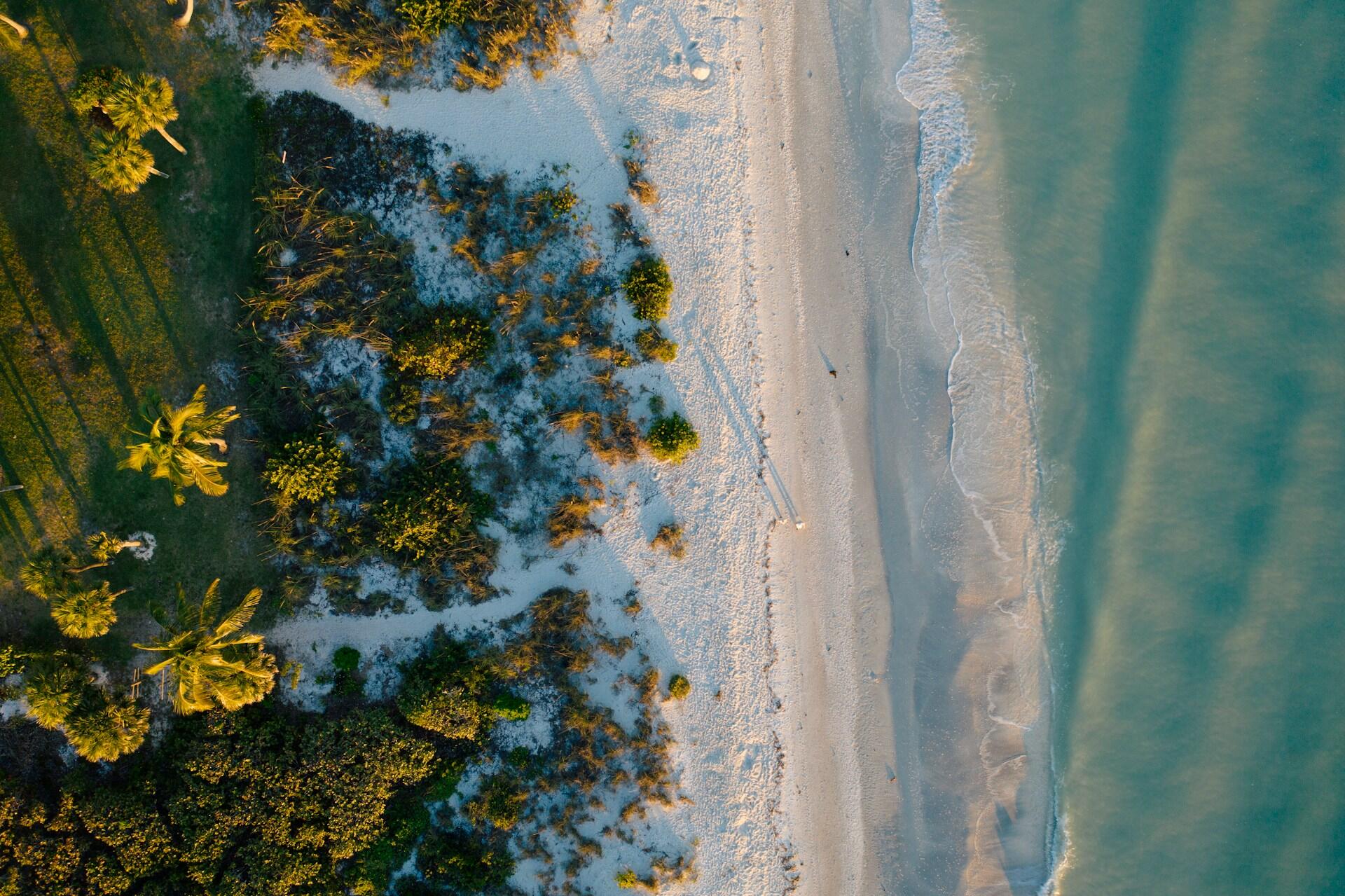
Degree Programs
- B.S. in Marine Sciences – A broad-based program covering marine ecology, biological oceanography, and aquatic resource management.
- M.S. in Fisheries & Aquatic Sciences – Focuses on marine and freshwater ecosystems, conservation, and sustainable fisheries.
What Makes UF Stand Out?
Florida Institute of Technology (Florida Tech)
Melbourne, FL
3,475
64%
The Florida Institute of Technology (Florida Tech) has a specialized marine biology program. Florida Tech offers access to diverse marine environments on Florida's Atlantic Coast, such as estuaries, coral reefs, and deep-sea habitats.
If you're interested in the marine life in the Gulf of Mexico, there are plenty of marine biology programs in Texas and elsewhere in Florida.
Degree Programs
- B.S. in Marine Biology – Focuses on marine ecology, conservation, and biological oceanography.
- M.S. in Marine Science – Advanced coursework and research in marine ecosystems, fisheries, and environmental management.
What Makes Florida Tech Stand Out?
Find out a bit more about Florida Tech here.
Nova Southeastern University
Fort Lauderdale, FL
6,637
76%
The private research institution Nova Southeastern University (NSU) has cutting-edge marine research programs. The Halmos College of Arts and Science and the Guy Harvey Oceanographic Research Center allow NSU students to access marine research, conservation efforts, and oceanic fieldwork directly, but if you're more interested in the Pacific Ocean, you might want to consider the top schools for marine biology in California.
Degree Programs
- B.S. in Marine Biology – Covers marine ecosystems, biological oceanography, and aquatic biodiversity.
- M.S. in Marine Science – Advanced coursework in marine ecology, fisheries management, and marine conservation.
What Makes NSU Stand Out?
Other Notable Marine Biology Programs in Florida
In addition to the top-ranked schools we've mentioned so far, we'd be amiss not to include these other Floridian institutions, too, but you might want to think about some of the best schools in the country for marine biology.
Eckerd College
Eckerd College is a school in St. Petersburg, FL, that offers a B.S. in Marine Science. There are quite a few reasons to consider it for your marine biology studies.
Florida Gulf Coast University (FGCU)
Florida Gulf Coast University (FGCU) is in Fort Myers, FL, and offers a B.S. in Marine Science. Like our other schools, there are several good reasons to consider applying.
Florida Atlantic University (FAU)
In Boca Raton, FL, Florida Atlantic University (FAU) offers B.S in Marine Biology and M.S. in Marine Science programs. So why should you choose FAU? Here are just a few reasons to get you thinking.
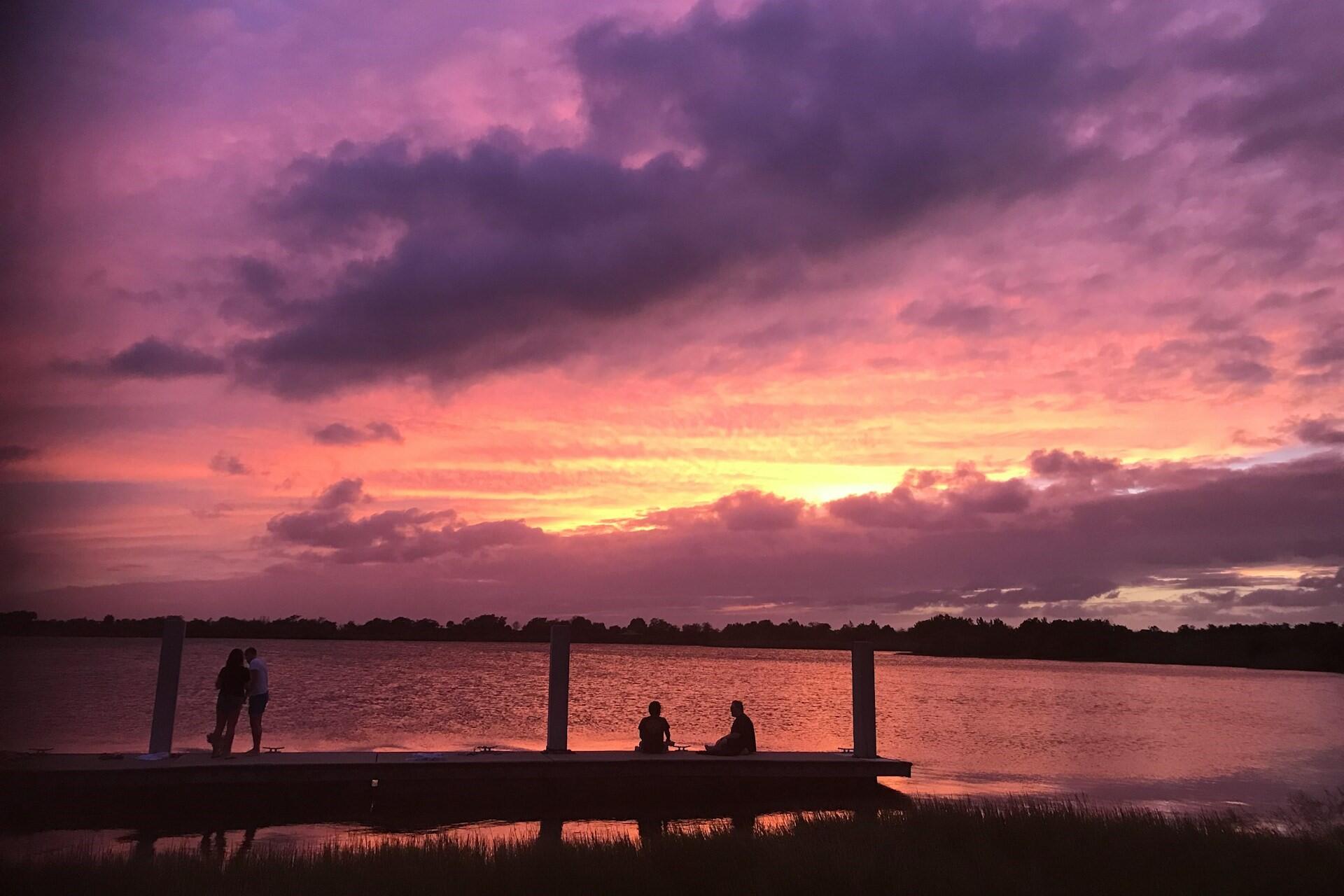
Career Opportunities for Marine Biology Graduates
Anyone who studies marine biology will have several career options to choose from.
- Marine Biologist – Studies marine organisms, ecosystems, and conservation methods.
- Fisheries Scientist – Works on sustainable fisheries management and aquatic resource conservation.
- Coastal Ecologist – Focuses on preserving and restoring coastal and estuarine habitats.
- Marine Research Scientist – Conducts field and lab-based studies on marine biodiversity, climate change, and pollution impacts.
- Oceanographer – Specializes in physical, chemical, biological, or geological oceanography, studying ocean currents, marine chemistry, and ecosystems.
- Environmental Consultant – Advises businesses and governments on marine conservation policies and sustainability practices.
- Marine Science Educator – Works in museums, aquariums, K-12 education, or universities to teach marine biology and ocean sciences.
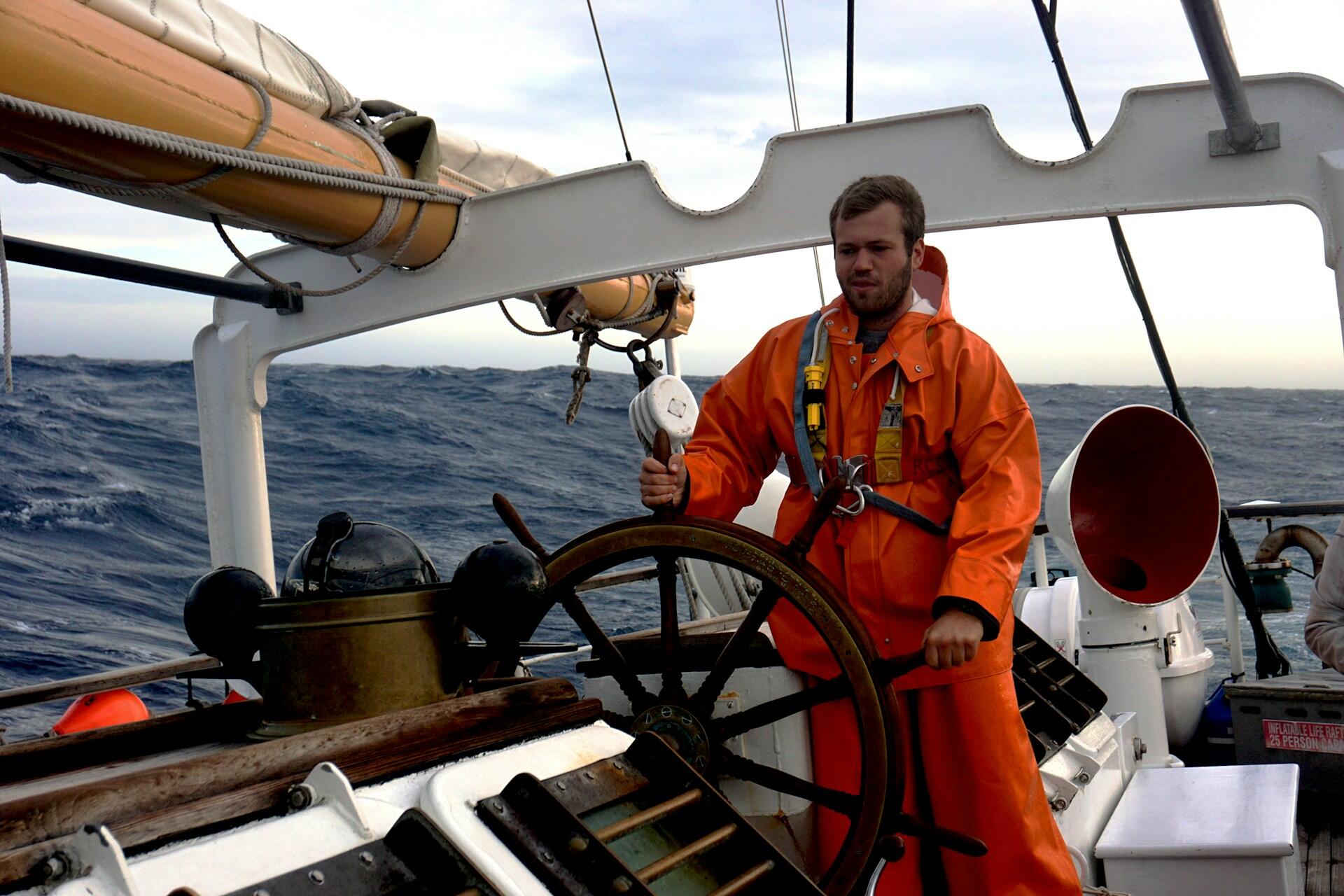
After graduating, you could also pursue a career in academia, continuing your studies in marine biology, oceanography, or environmental sciences.
- Marine Biotechnology – Using marine organisms for medical, agricultural, and industrial applications.
- Marine Conservation Biology – Focusing on the protection and restoration of marine ecosystems.
- Fisheries and Aquatic Science – Managing sustainable fisheries and marine food sources.
- Climate Change & Oceanography – Studying the impact of climate change on marine environments.
Of course, if you need help improving your GPA, studying biology or marine biology, or any other help with studying, just look to a private tutor on the Superprof website. Search for what you want to learn today and start finding tutors in Florida, across the US, and around the world!
Summarize with AI:

